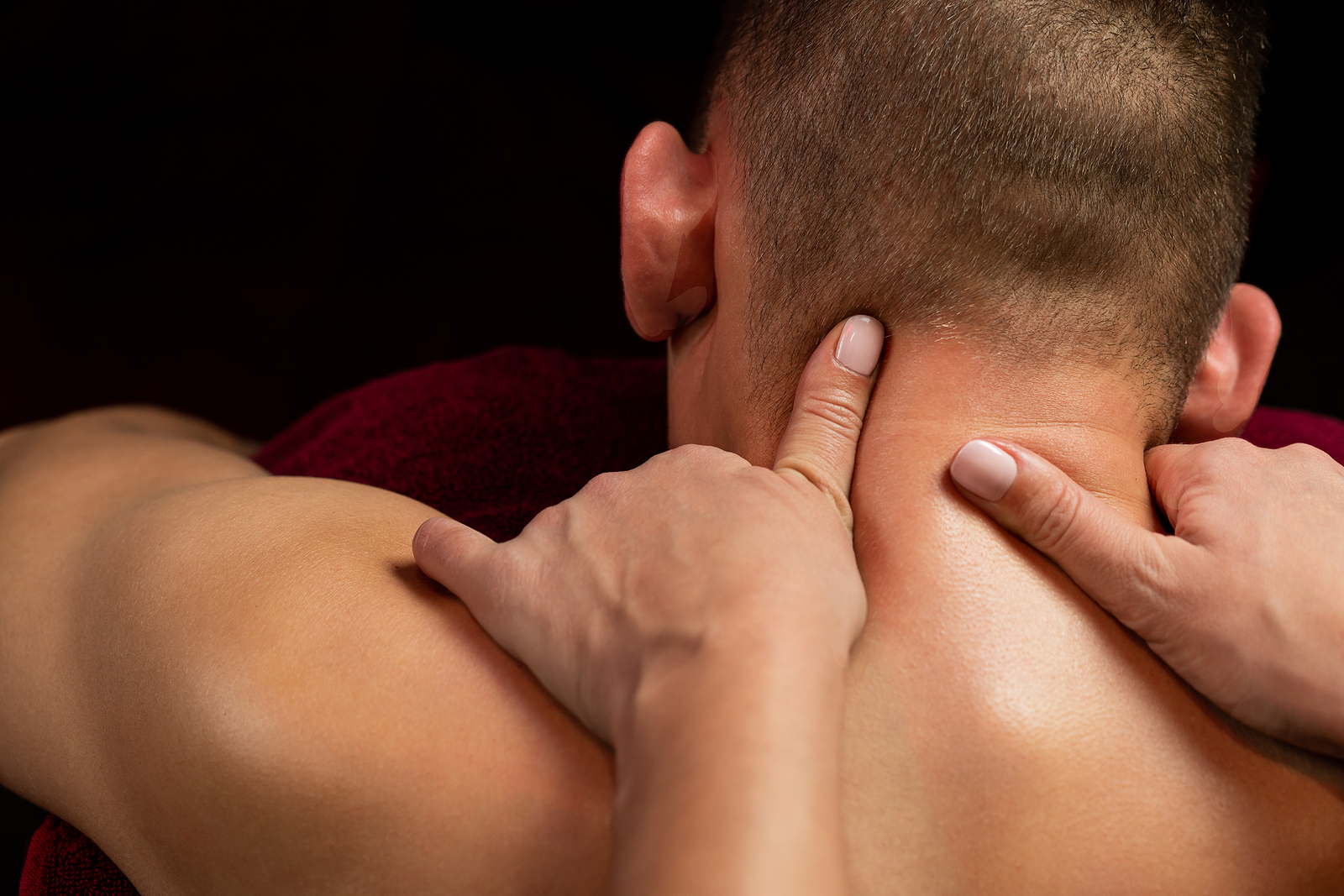Benefits of Massage Therapy regularly.
(MassageSpaSTL) Therapeutic massage is often recognized for its ability to alleviate tension and pain. It also enhances several body functions and treats specific medical conditions.
Massage therapy increases circulation in your muscles, aiding your body in transporting nutrients more effectively while flushing away toxins from your system.
Massage Therapy as a Stress Reduction Strategy
Massage therapy can help alleviate stress and contribute to an enhanced quality of life, perhaps by stimulating the parasympathetic nervous system, slowing heart rate and blood pressure, and simultaneously decreasing cortisol levels.
Massage therapy releases endorphins, serotonin, and dopamine, three feel-good hormones that play an essential role in communicating between parts of the brain and help influence mood, function, learning, sleep, and appetite.
At its core, massage’s unique pressure stimulates muscles, skin, tendons, and ligaments while increasing circulation throughout the entire body. The enhanced oxygenation allows cells to absorb more nutrients while expelling toxins faster for healthier living and greater efficiency in body systems. Studies also indicate that massage reduces inflammatory response while simultaneously strengthening immunity, making massage an invaluable aid for chronic or acute injuries by speeding healing time and decreasing swelling.
Pain Relief
Massage therapy can be an invaluable aid to those living with chronic conditions like fibromyalgia, osteoarthritis, and back and neck pain. Massage stimulates blood flow while increasing oxygen and nutrients to affected areas and stimulating waste product removal from them.
Deep tissue massage therapy involves applying firm pressure to tight muscles and tendons to ease tension and relax them. It can also be used to address trigger points—knots of muscle tissue that cause pain and restrict range of motion—as a form of treatment.
Studies have demonstrated the efficacy of massage as an effective means for alleviating symptoms related to depression and insomnia. One possible mechanism behind its effectiveness may be that massage reduces anxiety while increasing feelings of well-being – helping balance mind, body, and spirit. Furthermore, massage can also be used in healthcare settings to foster connections and communication between patients and caregivers, which is particularly important when caring for patients who cannot express themselves verbally, such as those living with profound disabilities or mental illness who often cannot express themselves verbally.
Better Sleep
Sleep is essential to living a fulfilling life, with insomnia contributing to anxiety and depression as well as altering hormone levels negatively. Massage therapy has been found to promote more restful nights’ rest.
Regular massages help the body produce more serotonin, an essential neurotransmitter for healthy sleep-wake cycles. Serotonin acts as a precursor for making more of the sleep-inducing hormone melatonin. Massage also decreases cortisol, which interferes with regular sleeping cycles and disrupts normal rest cycles.
Studies show that people can feel significantly more rested after a massage, even without preexisting conditions such as pain, hyperarousal, and insomnia. But to get the maximum benefit out of massage sessions for sleep improvement, it’s essential to approach them holistically, in combination with other strategies like a good mattress, bedroom environment, and avoidance of stimulating activities/information right before bedtime (all essential for restful nights of restorative rest), you will find reaching your optimal level of restful rest easier than ever before.
Increased Flexibility
Massage has many lubricating effects on joints, helping prevent or treat stiffness and injuries. Furthermore, massage stimulates the release of hormones like serotonin and dopamine that relax tense muscles, thus increasing flexibility, an essential element of overall well-being and health.
As stress becomes an increasing burden in society, therapeutic massage is becoming an increasingly popular means of maintaining physical and mental well-being. Massage has been shown to ease muscle tension, boost mood, improve sleep patterns, and boost energy levels—benefits acknowledged by healthcare providers who increasingly prescribe massage as part of treatment plans for certain conditions.
Your ideal massage will depend on your specific health goals and needs, so consult your massage therapist about which type will provide optimal results. They should listen and tailor techniques accordingly. Regular massage sessions can also serve as an effective tool to prevent injuries in athletes with high-intensity workout routines.
Increased Energy
Therapeutic massage has many additional health benefits in addition to relieving stress. By increasing circulation and blood flow through lymphatic systems more freely, therapeutic massage helps boost energy levels while clearing away waste products from healthy tissues more efficiently.
Studies have demonstrated that massage increases dopamine and serotonin levels, neurotransmitters responsible for controlling brain pleasure centers. This decreases cortisol, the stress hormone, and improves mood and sleep quality.
Regular therapeutic massage can reduce pain associated with fibromyalgia and chronic headaches, as well as ease the discomfort caused by osteoarthritis treatments like radiation and chemotherapy.
An essential step toward improving your quality of life, adding regular massage therapy sessions to your wellness regime can be a crucial way to manage stress and increase general well-being. Massage may benefit you in various ways depending on your lifestyle and goals; stress reduction and general well-being could benefit greatly, or select a schedule that best meets them both. No matter which schedule best meets them all, its advantages are clear – improved circulation, pain relief, and flexibility make massage an integral component of any comprehensive wellness plan.
Visit us on STL.Directory

